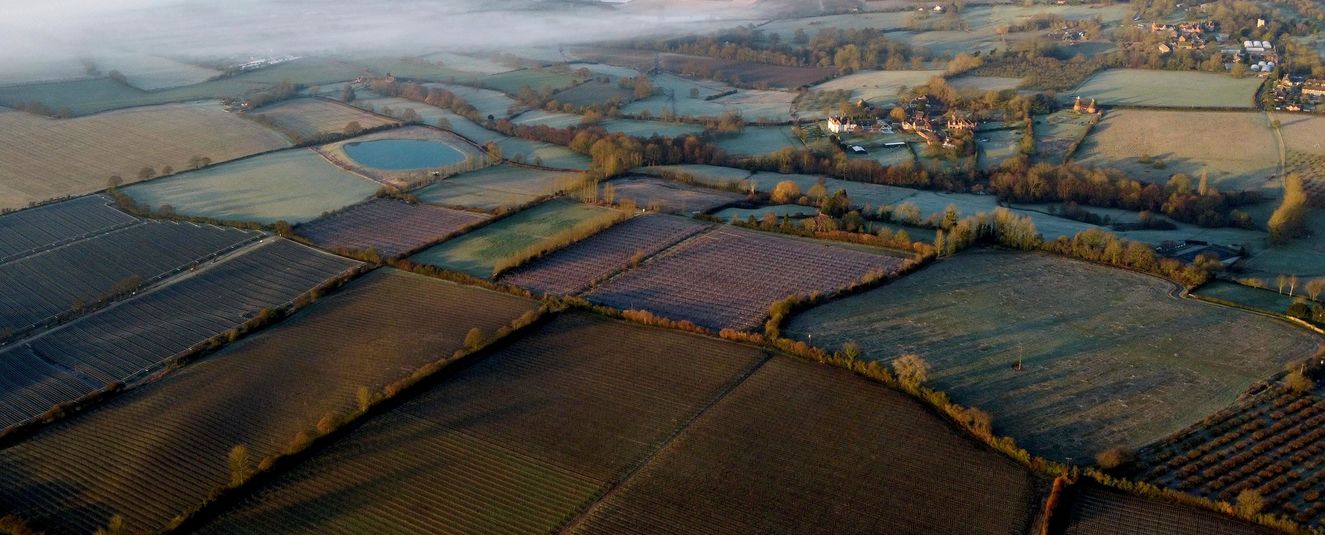
Dorota Orlof
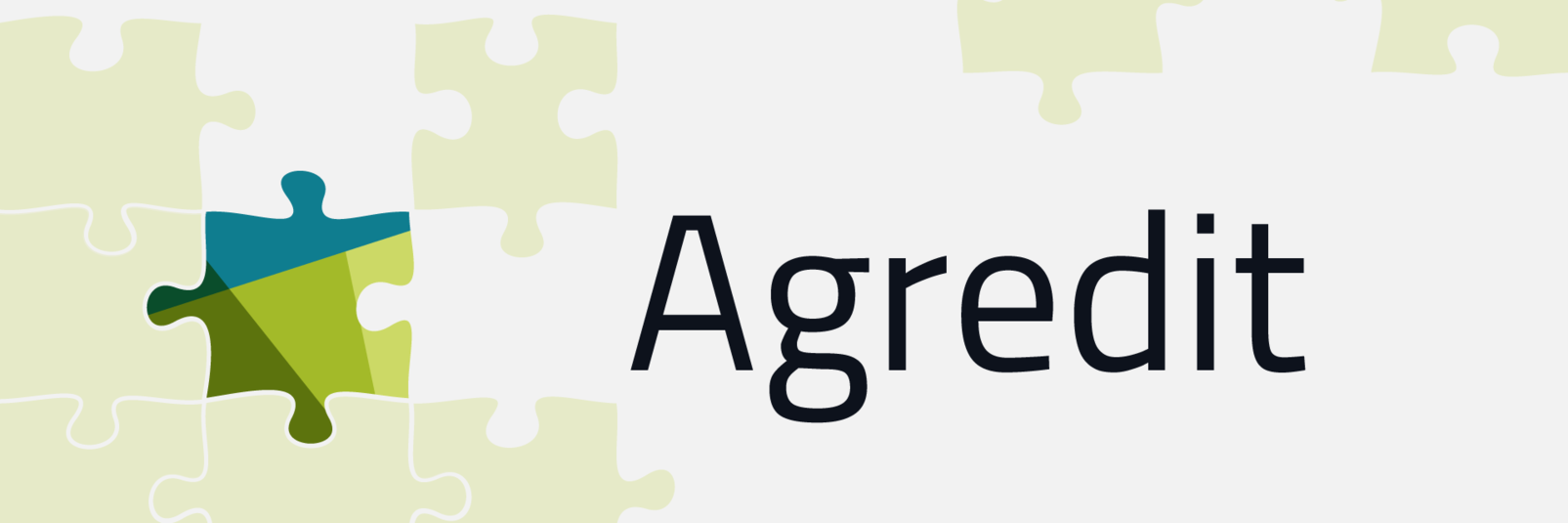
Dorota Orlof
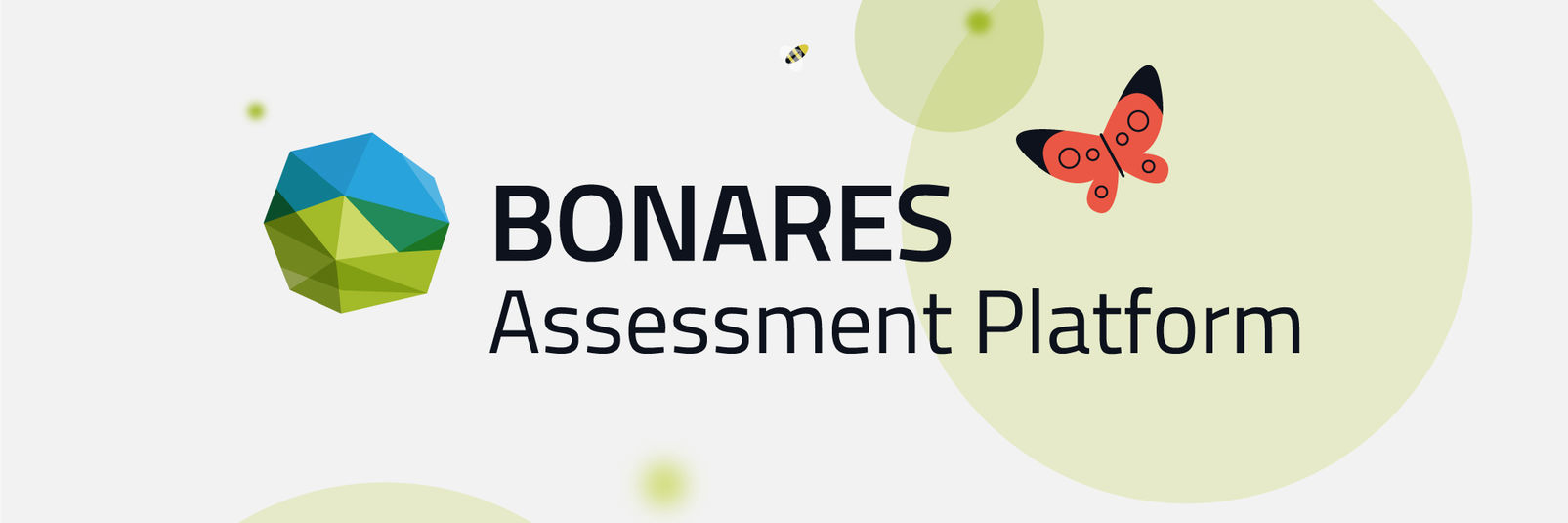
Dorota Orlof
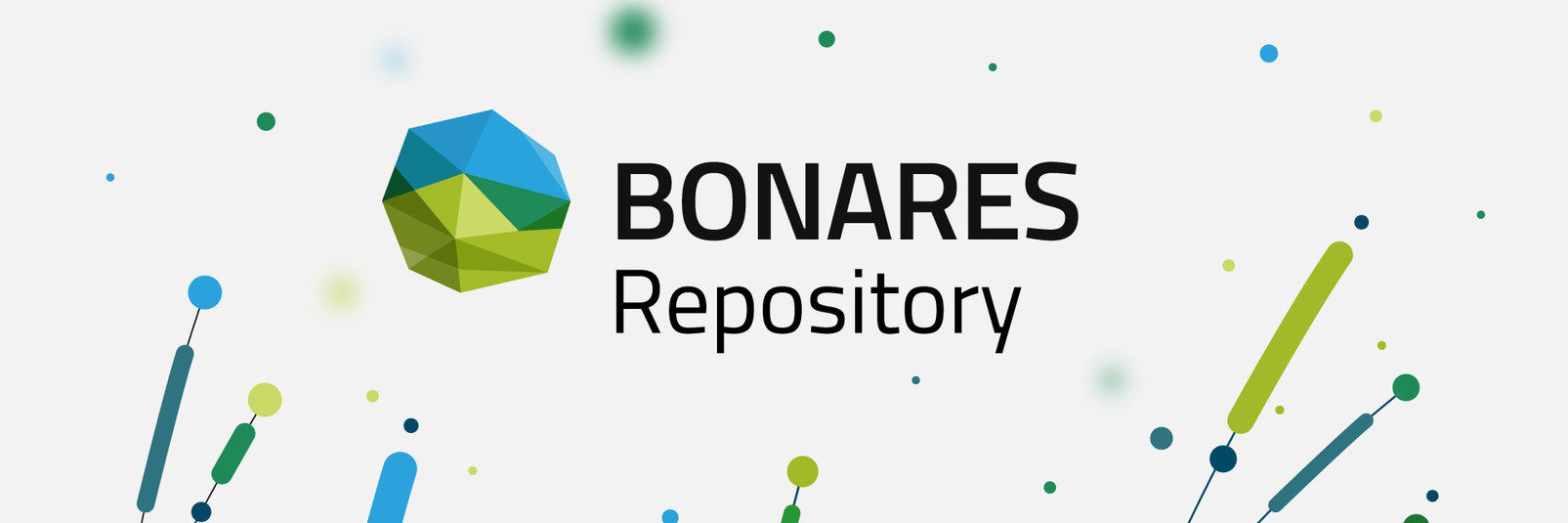
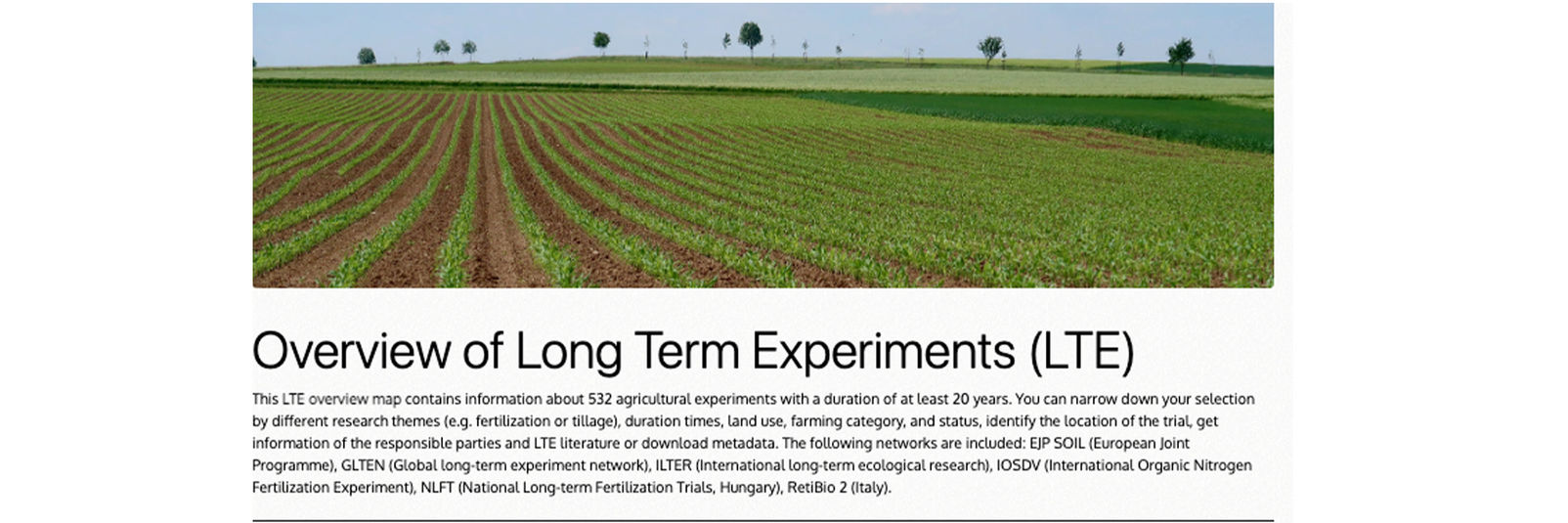
BonaRes Products
“BonaRes” is a German abbreviation and stands for “Soil as a sustainable resource for the bioeconomy”. This funding initiative of the German Federal Ministry for Education and Research (BMBF) is focused on the sustainable use of soils as a limited resource. The ultimate goal of BonaRes is to extend the scientific understanding of soil ecosystems and to improve the productivity of soils and other soil functions while developing new strategies for a sustainable use and management of soils. The BonaRes Portal provides information about the BonaRes projects, access to data, knowledge and models, as well as to decision support options for a sustainable soil management.
- More about BonaRes
- Watch the Video Teaser
- Get to know our Team
- Contact us
zwischenfruchtmischung RootWayS
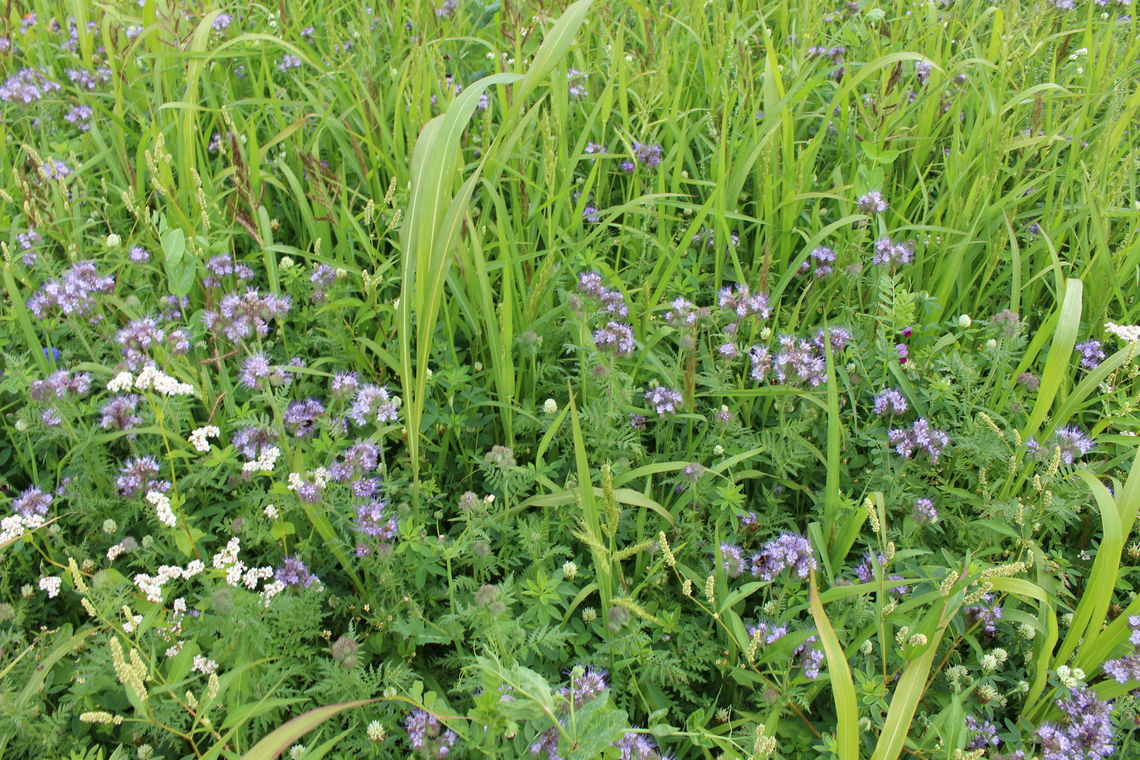
The BonaRes Data Centre merges data from soil research and provides it for general use. First and foremost it refers to research data from the BonaRes collaborative projects. Special attention is drawn to long-term field experiments in Germany which contribute significantly to the analysis of long term soil changes. Soil data from the public sector will also be included like monitoring and research data from other sources.
data2
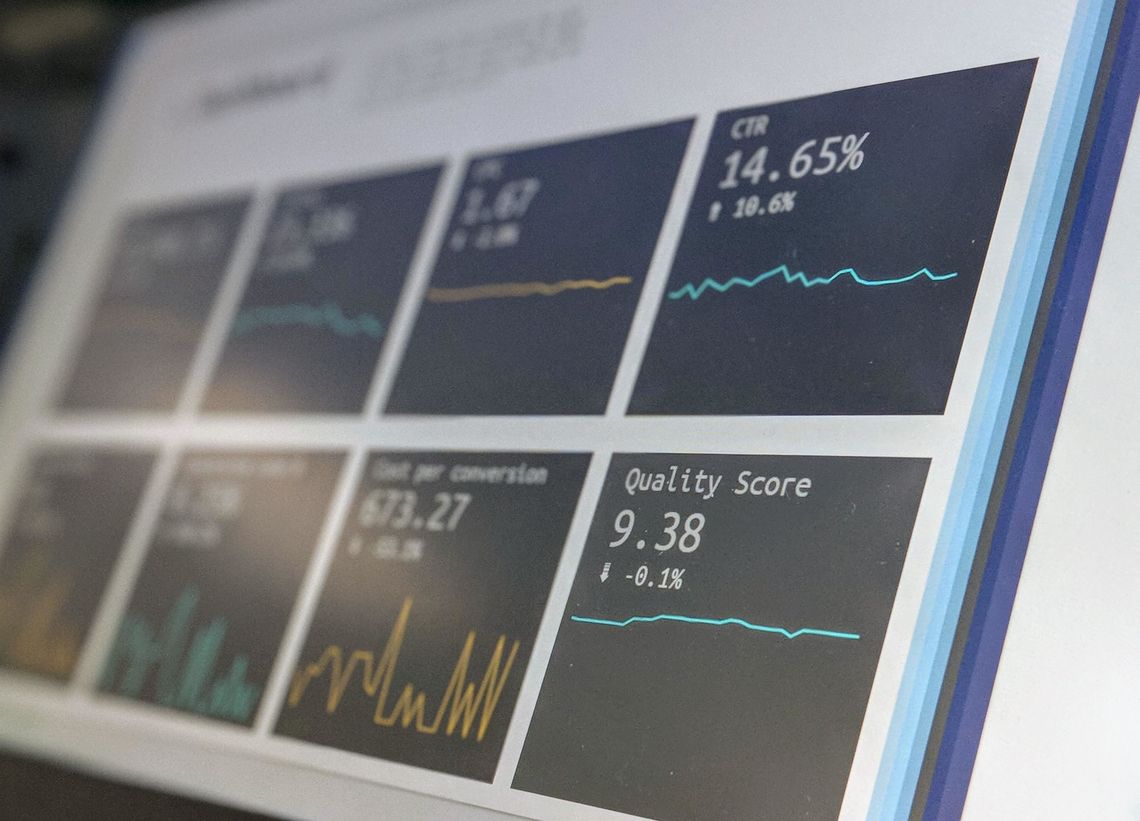
- Check accessible BonaRes Data Sets
- Check the Video to learn about our Repository
- Explore research data on BonaRes Repository
- Check the Video to learn about the Agredit tool
- Visit the map of Long Term Field Experiments
- Read the LTE - Long Term (Field) Experiments factsheets
A key objective of BonaRes is to predict the impact of agricultural management on key soil functions such as biomass production, water storage and filtering, habitat for biological activity, carbon storage, and nutrient recycling. All these functions depend on a multitude of soil processes and their interactions which are sensitive to agricultural management practices and are differing for soils of different properties. This is why the assessment of soil functions needs to be done in a site-specific way. The ultimate goal of BonaRes is to provide policy makers and farmers with scientifically sound information regarding agricultural management options and their impact on soil functions.
systems

-
What are key soil functions?
-
The BODIUM modeling approach of soil functions.
-
Explore the soil structure library .
-
Explore and join the Knowledge Library (KLIB)!! - watch the introductory video.
-
Visit the impact assessment portal with Foresight and Governance considerations.
- Visit the Outreach Page
- Check upcoming Events
- Subscribe to our Newsletter
events

Scientific articles on BonaRes research are regularly published in high-ranking national and international journals. Below, you find a list of articles of all BonaRes collaborative projects. We also publish manuals, fact sheets, workshop and work reports on different aspects of BonaRes research online in our BonaRes report series.
- Scientific Publications
- BonaRes Report Series
covers pdfs
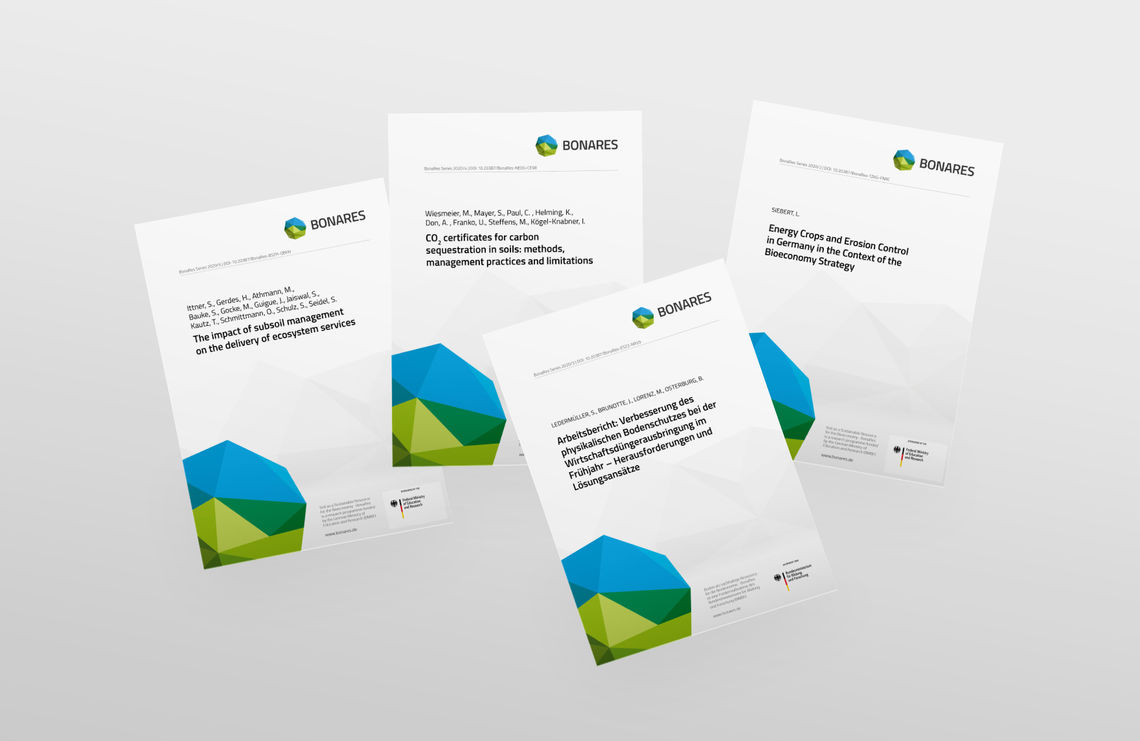
- Watch the Video Teaser about BonaRes
- Videos about other projects
multimedia

Collaborative Projects
United expertise
The BonaRes funded research work aims at securing productivity and efficiency of soil as a resource in the long run and – if possible – to enhance them. 10 interdisciplinary collaborative projects and the BonaRes-Centre help to ensure these goals by researching possibilities to optimize soil function and by asking questions such as how can the use of water and nutrition be made more efficient or how can land use strategies and land use management be optimized?
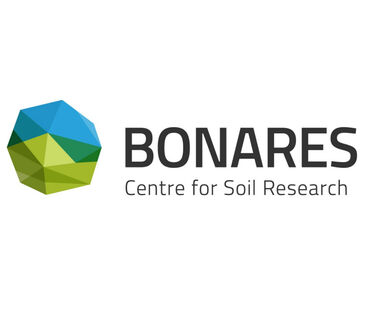
BonaRes Centre
#BonaRes-Centre
The virtual BonaRes Centre is the coordinating project within BonaRes and supports the projects in their research on sustainable soil use. It provides research results, data, models and applications via a web portal and promotes public awareness of soil as a sustainable resource.
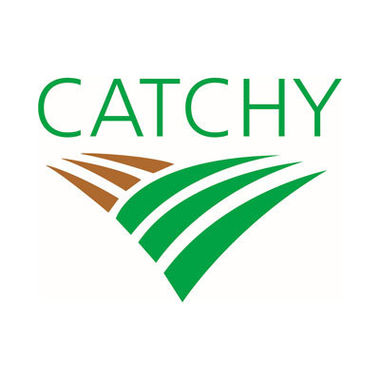
Catchy
#catchcrops
How can catch crops such as yellow mustard, phacelia or clover be used to develop innovative cultivation systems in order to maintain and improve soil fertility in the fields? Long-term trials by the CATCHY consortium with individual catch crops and mixtures have provided interesting answers.
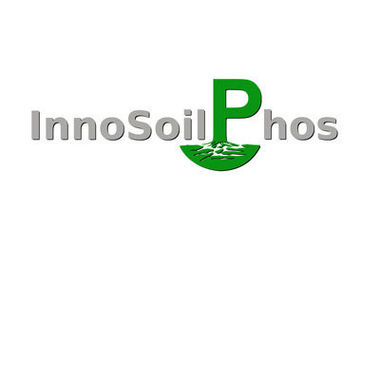
InnoSoilPhos
#soil-p-management
How can the limited resource of phosphate be used more sparingly and efficiently in order to supply crops in arable farming with this main nutrient and avoid unwanted discharges into bodies of water? Investigations by the InnoSoilPhos consortium have provided new insights and practical solutions.
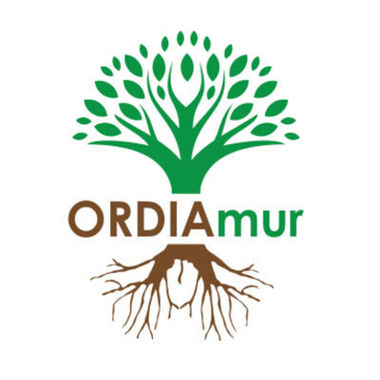
ORDIAmur
#replantdisease
What causes replant problems in tree nurseries and fruit farms that repeatedly grow apples in the same soil? The interdisciplinary team at ORDIAmur has studied this complex topic and developed and tested sustainable countermeasures based on the latest findings.
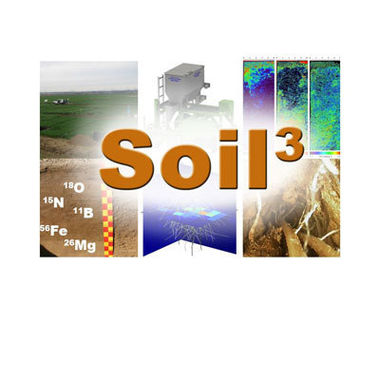
Sustainable Subsoil Management
#subsoils
Drought in summer poses major challenges for agriculture. In the subsoil there are often unused water and nutrient resources. The SOIL³ project offers possible solutions: Subsoils can be developed through multi-annual crops with deep roots or deep tillage with the application of compost.
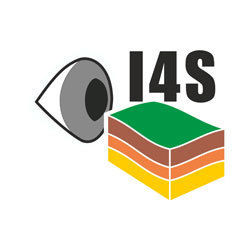
Intelligence for Soil
#precisionfarming
In the I4S project, researchers are developing a system for the site-specific management of soil fertility. It uses soil sensors, models and a user-friendly decision support system to use resources more efficiently, reduce environmental pollution and optimise agricultural productivity.
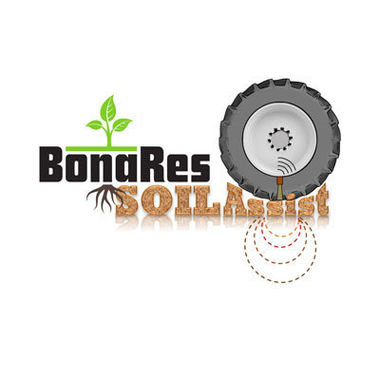
SoilAssist
#soilcompaction
How can soil protection be optimized when driving on arable land? What tools does farmers need to plan and implement sustainable soil management strategies? On-farm research on farms in the SOILAssist consortium with the latest agricultural technology and innovative methods answers these questions.
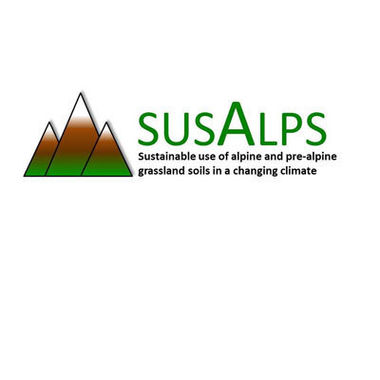
SusAlps
#subalpinegrassland
How can grassland in the Alps and the foothills of the Alps be used sustainably in the face of climate change? In cooperation with farmers and government institutions, the interdisciplinary SUSALPS consortium developed practical research results from experiments, long-term field studies, remote sensing and modeling.
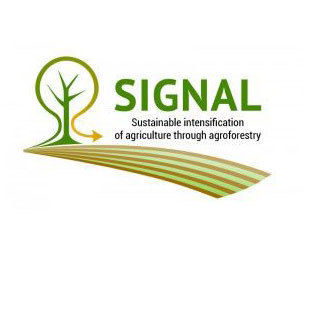
SIGNAL
#agroforestry
In agroforestry systems, the cultivation of arable crops is combined with the use of trees. How do these systems make agriculture more sustainable and achieve high productivity at the same time? The SIGNAL consortium has researched alley cropping systems that demonstrate many of the advantages of trees in agriculture.
DiControl
#soilhealth
We currently know very little about how plant cultivation measures influence the soil microbiota and plant growth and health. The DiControl consortium has uncovered interesting insights into this in long-term trials.
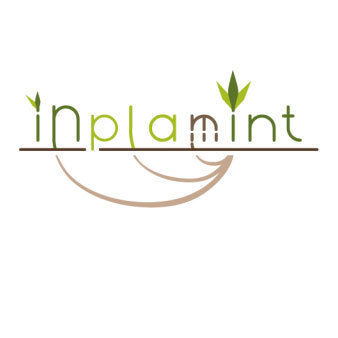
inplamint
#microorganisms
Motivation is the development of novel plant cultivation strategies directed towards “engineering” the complex nutrient cycling interactions between plants and soil microorganisms, combined with improved timing of fertilizer and soil amendment applications.
Rhizo4Bio Network
United expertise
Plant roots and soil ecosystems, significance of the rhizosphere for the bio-economy.
Six collaborative projects have been funded since the beginning of 2020 to clarify the interactions between plant roots, the surrounding soil space and the habitat of the organisms.
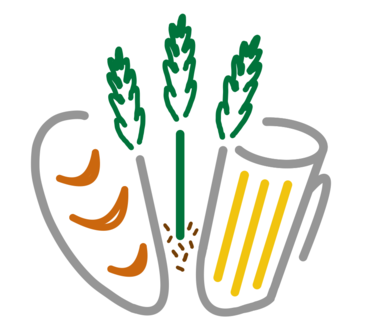
bread and beer
#wheat& barley
Bread and Beer - Wheat and barley production under reduced input in organic farming.
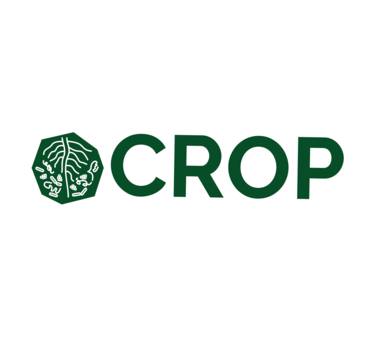
CROP
#rootphenotypes
CROP - Combining ROot contrasted Phenotypes for more resilient agro-ecosystem.
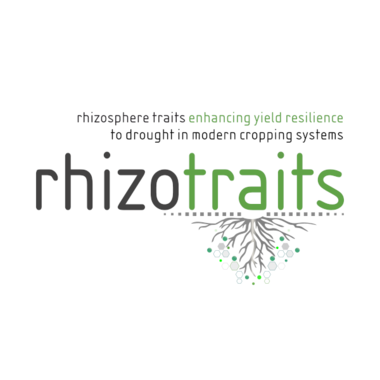
rhizotraits
#rhizophere
Rhizosphere traits enhancing yield resilience to drought in modern cropping systems.
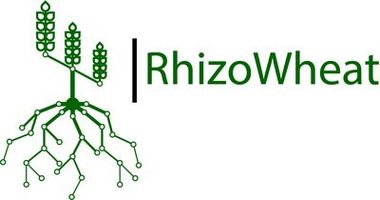
rhizowheat
#yielddecline
RhizoWheat - Rhizosphere processes and yield decline in wheat crop rotations
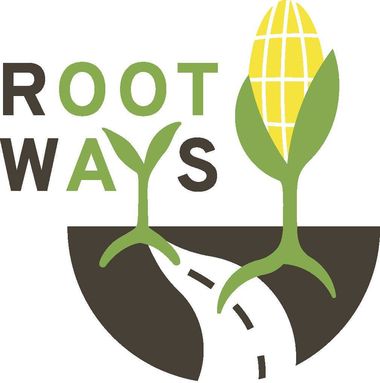
RootWayS
#rootchannel
Deep-rooting cover crop mixtures: Creating highways to subsoil water and nutrient resources (RootWayS).
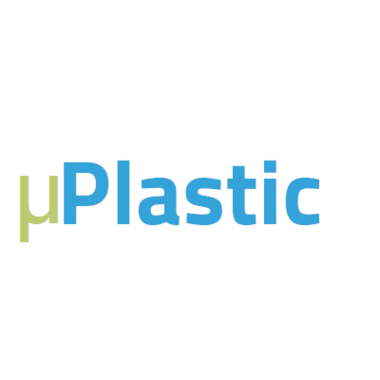
µPlastic
#microplastic
µPlastic - effects of microplastic in the rhizosphere of crop plants
News
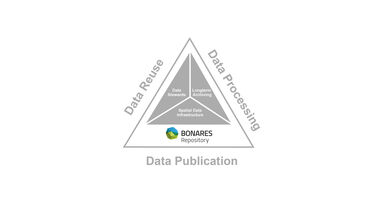
April 24, 2025
New Paper Presenting the BonaRes Repository’s Role in Facilitating Reuse of Agricultural Soil Research Data
Data repositories that adhere to the FAIR (Findability, Accessibility, Interoperability, and Reusability) principles are crucial for maximizing the value and efficiency of research data. A recent paper published in the...
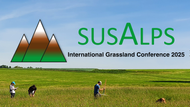
March 25, 2025
International Grassland Conference 2025 15.-17. July
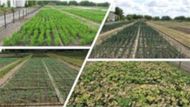
December 02, 2024
50 Years of Continuous Fertilization Data from Irrigated Vegetable Crop Rotations: Publication of the LTE Großbeeren
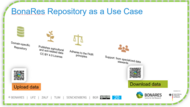
October 25, 2024
Successful workshop on “Key elements in selecting a Research Data Repository”
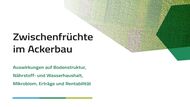
September 02, 2024
Catch crops in agriculture - the booklet is available!
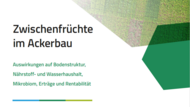
July 31, 2024
Zwischenfrüchte im Ackerbau – die Broschüre ist da!
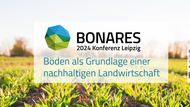
June 16, 2024
